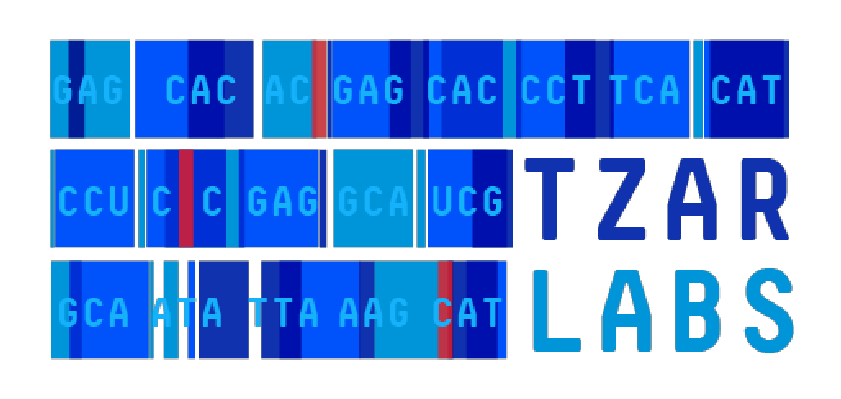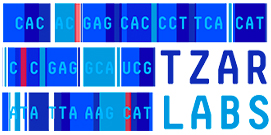50% of people in the UK will be diagnosed with cancer in their lifetime. Whilst most of these cancer diagnoses will be sporadic, 5-10% of these cases will be linked to a hereditary genetic variant in certain cancer related genes i.e., BRCA1, BRCA2 etc… Therefore, the presence of these genetic variants can increase the risk of certain cancer types i.e., Breast, Ovarian, Colorectal, to name a few.
By an individual understanding their hereditary cancer risk, they can take proactive action and preventative measures which may reduce the likelihood of developing cancer or allow for early detection through access to cancer screening programmes.
As these variants are hereditary it will also alert other family members of their possible cancer risk so that they too can take similar proactive action and preventative measures.
It is important to note that:
- Inheriting certain genetic variants does not necessarily mean that cancer will develop but the lifetime risk of cancer is significantly increased.
- Not all genetic variants that lead to an increased susceptibility of cancer are associated with a family history.
Which Genes & Why?
The Hereditary Cancer Test has been designed to detect variants in 31 genes commonly associated with the most prevalent cancers in the UK:
- Breast
- Ovarian
- Colorectal
- Prostate
- Pancreatic
- Melanoma
Multi-Cancer Panel (31 Genes)
| APC | ATM | BAP1 | BARD1 | BMPR1A |
| BRCA1 | BRCA2 | BRIP1 | CDH1 | CDK4 |
| CDKN2A | CHEK2 | EPCAM | HOXB13 | MLH1 |
| MSH2 | MSH6 | MUTYH | NF1 | NTHL1 |
| PALB2 | PMS2 | POLD1 | POLE | PTEN |
| RAD51C | RAD51D | SMAD4 | STK11 | TP53 |
| VHL |
This 31 gene Multi-Cancer Panel has been designed to accurately reflect NHS testing criteria. The Hereditary Cancer Test has been clinically validated by the NHS who use the test to screen NHS patients for the BRCA1 & BRCA2 genes.



